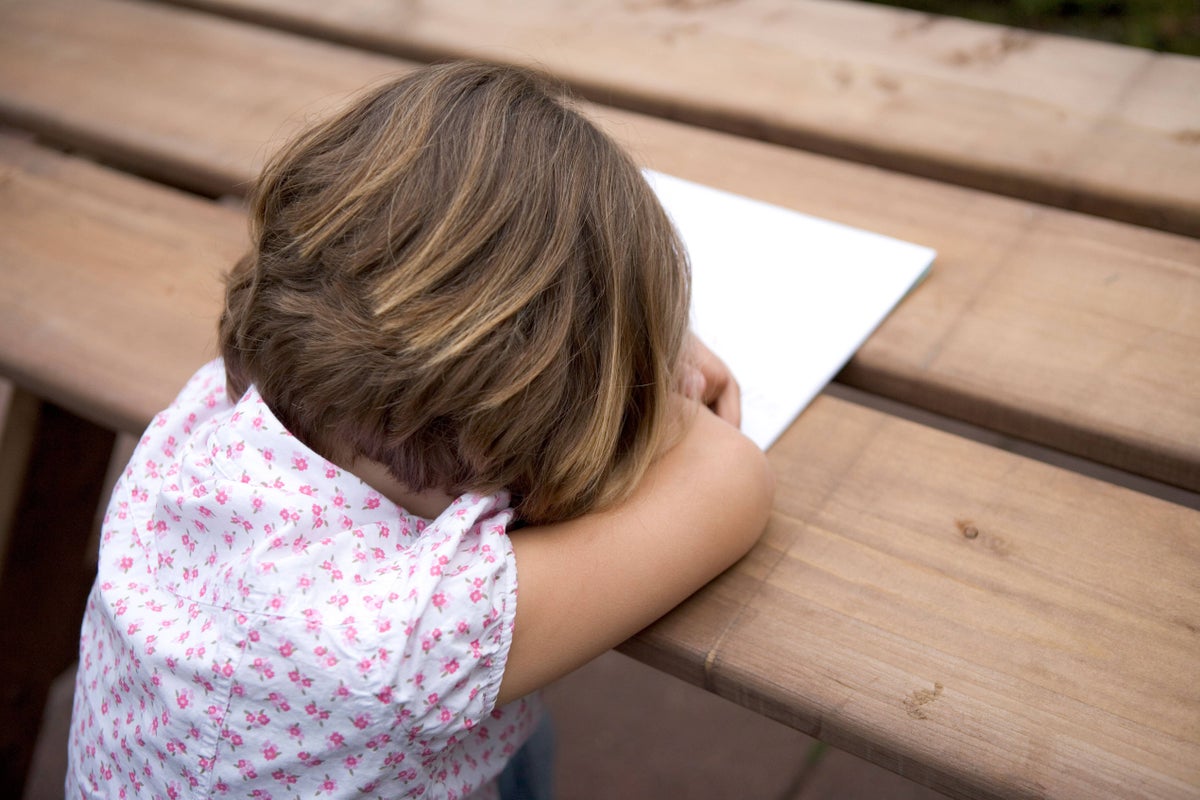
Hostile parenting and harsh discipline increase the likelihood of lasting mental health problems in children, a report suggests.
New research said parenting that involves frequently shouting at, isolating, and physically punishing young children made it 1.5 times more likely that a child would be at “high risk” of developing poor mental health by age nine.
The findings come from a study of more than 7,500 Irish children, whose mental health symptoms were charted at ages three, five, and nine by researchers at the University of Cambridge and University College Dublin (UCD).
Of the 7,500 children, about 10% were found to be in a high-risk band for poor mental health, including symptoms of anxiety, aggression, and social withdrawal.
There is clearly a danger that parenting style can exacerbate mental health risks. This is something we can easily take steps to address— Ioannis Katsantonis, University of Cambridge
Children who, at age three, had parents that screamed at them regularly, isolated them as a punishment, or were unpredictable and moody in the way they disciplined them were much more likely than their peers, who had experienced supportive or consistent parenting styles, to fall into this group.
Ioannis Katsantonis, a doctoral researcher at the Faculty of Education, University of Cambridge, said: “The fact that one in 10 children were in the high-risk category for mental health problems is a concern and we ought to be aware of the part parenting may play in that.
“We are not for a moment suggesting that parents should not set firm boundaries for their children’s behaviour, but it is difficult to justify frequent harsh discipline, given the implications for mental health.
“There is clearly a danger that parenting style can exacerbate mental health risks. This is something we can easily take steps to address.”
Researchers said girls were more likely than boys to be in the high-risk category.
They also found that children of single parents were 1.4 times more likely to be high risk, and those from wealthier families were less likely to exhibit worrying mental health symptoms by middle childhood.
Avoiding a hostile emotional climate at home won’t necessarily prevent poor mental health outcomes from occurring, but it will probably help— Jennifer Symonds, UCD School of Education
Jennifer Symonds, associate professor in the UCD School of Education, said: “Our findings underline the importance of doing everything possible to ensure that parents are supported to give their children a warm and positive upbringing, especially if wider circumstances put those children at risk of poor mental health outcomes.
“Avoiding a hostile emotional climate at home won’t necessarily prevent poor mental health outcomes from occurring, but it will probably help.”







